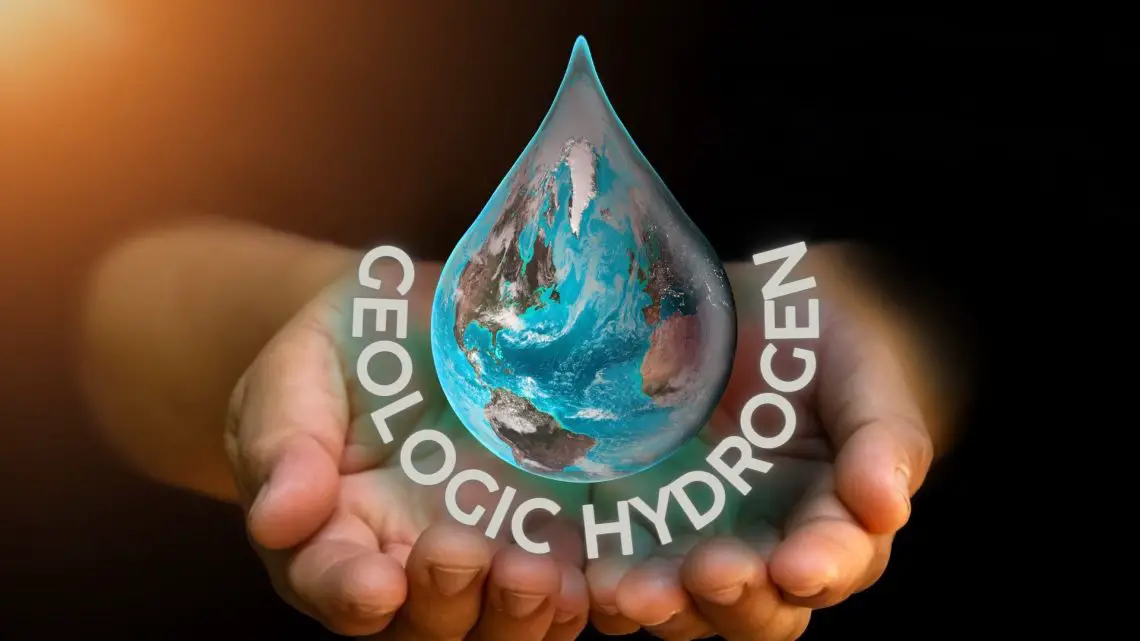
The $20 Million Quest and How Innovative Minds Are Unlocking Geologic Hydrogen
November 4, 2024Digging Deep: The Untapped Potential of Geologic Hydrogen
In an age where the transition to sustainable energy sources is paramount, geologic hydrogen emerges as a promising contender. With its potential to provide a clean and abundant energy supply, this naturally occurring resource is gaining attention worldwide. Unlike traditional hydrogen, which is often produced through energy-intensive processes, geologic hydrogen is found naturally beneath the Earth’s surface. This article delves into the economic implications of geologic hydrogen, its challenges, and its role in shaping the future energy landscape.
The Global Gold Rush
A surge of interest in geologic hydrogen exploration marks what many are calling a new “gold rush” in the energy sector. Countries such as the United States, Canada, Australia, and France are spearheading efforts to tap into this long-overlooked resource. According to recent reports, exploration activities are accelerating as nations recognize the potential of geologic hydrogen to replace fossil fuels and significantly reduce carbon emissions.
The U.S. Department of Energy has recently allocated $20 million to support research projects focused on the subsurface generation of hydrogen. This funding underscores the growing belief that geologic hydrogen could play a transformative role in the global energy transition, providing a zero-emission alternative to conventional fuels.
Economic Implications
-
Cost Comparison with Traditional Fuels: Geologic hydrogen could potentially be more economical than current hydrogen production methods. Its natural occurrence means it requires minimal processing, which could lead to lower costs compared to hydrogen produced from natural gas or through electrolysis using renewable energy.
-
Reduction of Greenhouse Gas Emissions: The use of geologic hydrogen as a fuel source could drastically cut greenhouse gas emissions. When utilized in fuel cells, its only byproducts are water and heat, making it an attractive option for sectors like transportation that are hard to decarbonize.
-
Impact on Global Energy Markets: If geologic hydrogen becomes cost-competitive, it could disrupt traditional energy markets, potentially reducing reliance on oil and natural gas. This shift could lead to a more diverse and resilient energy mix globally.
-
Investment and Research Funding: Significant investment is flowing into geologic hydrogen research, with both governmental and private sectors recognizing its potential. The success of these investments could catalyze further advancements and drive the commercialization of this clean energy source.
Zhang and Li’s Role in the Geologic Hydrogen Race
Recent research indicates that vast underground reservoirs of geologic hydrogen could fulfill future alternative energy demands, with researchers at Mines leading the exploration. Geophysicists Mengli Zhang and Yaoguo Li, in collaboration with the U.S. Geological Survey and major industry players like BP and Chevron, are pioneering new exploration techniques to locate these hydrogen reserves, aiming to enhance generation and yield through innovative surface and subsurface tools.
Zhang and Li’s efforts, alongside USGS research geologist Geoffrey Ellis, focus on understanding geologic formations conducive to hydrogen storage, similar to the petroleum system for oil and gas. Ellis’s remarkable hydrogen reservoir estimates highlight the immense potential to power humanity for centuries. Leading a geologic hydrogen consortium, Zhang and Li leverage their geophysics expertise to develop actionable exploration tools. Zhang emphasizes the importance of sharing their knowledge on hydrogen generation and accumulation, and identifying surface indicators, as surface exploration can be cost-effective.
Despite challenges like hydrogen’s rapid absorption in underground environments, Zhang and Li remain optimistic, employing AI to hone their models for identifying and stimulating geologic hydrogen reserves. Zhang notes that the economic competitiveness of hydrogen is crucial, potentially requiring innovation to rival oil and gas prices. The cost-effectiveness of geologic hydrogen, with minimal processing needs, positions it as a viable alternative to current hydrogen fuels.
Challenges and Opportunities
Despite its promise, geologic hydrogen faces challenges. Its reactivity and the difficulty in extracting it from complex geological formations pose significant hurdles. Additionally, while the potential reserves are vast, identifying economically viable extraction sites remains a challenge. However, these obstacles also present opportunities for technological innovation and breakthroughs in resource exploration and extraction.
The combination of geophysical expertise and cutting-edge technology could lead to new methods of harnessing geologic hydrogen, transforming it from an elusive resource to a cornerstone of the clean energy future.
Conclusion
Geologic hydrogen holds the key to unlocking massive energy resources, offering a path toward a sustainable and low-carbon future. Its ability to compete with traditional fuels could reshape global energy markets and significantly reduce greenhouse gas emissions. The ongoing efforts of researchers like Mengli Zhang and Yaoguo Li are crucial in advancing this field, paving the way for geologic hydrogen to become a mainstream energy source. The journey towards harnessing this resource is fraught with challenges, yet the potential rewards make it a compelling pursuit for the energy sector. As the world continues to seek innovative solutions to climate change, geologic hydrogen stands out as a beacon of hope for a cleaner, greener future.



 With over 15 years of reporting hydrogen news, we are your premier source for the latest updates and insights in hydrogen and renewable energy.
With over 15 years of reporting hydrogen news, we are your premier source for the latest updates and insights in hydrogen and renewable energy.